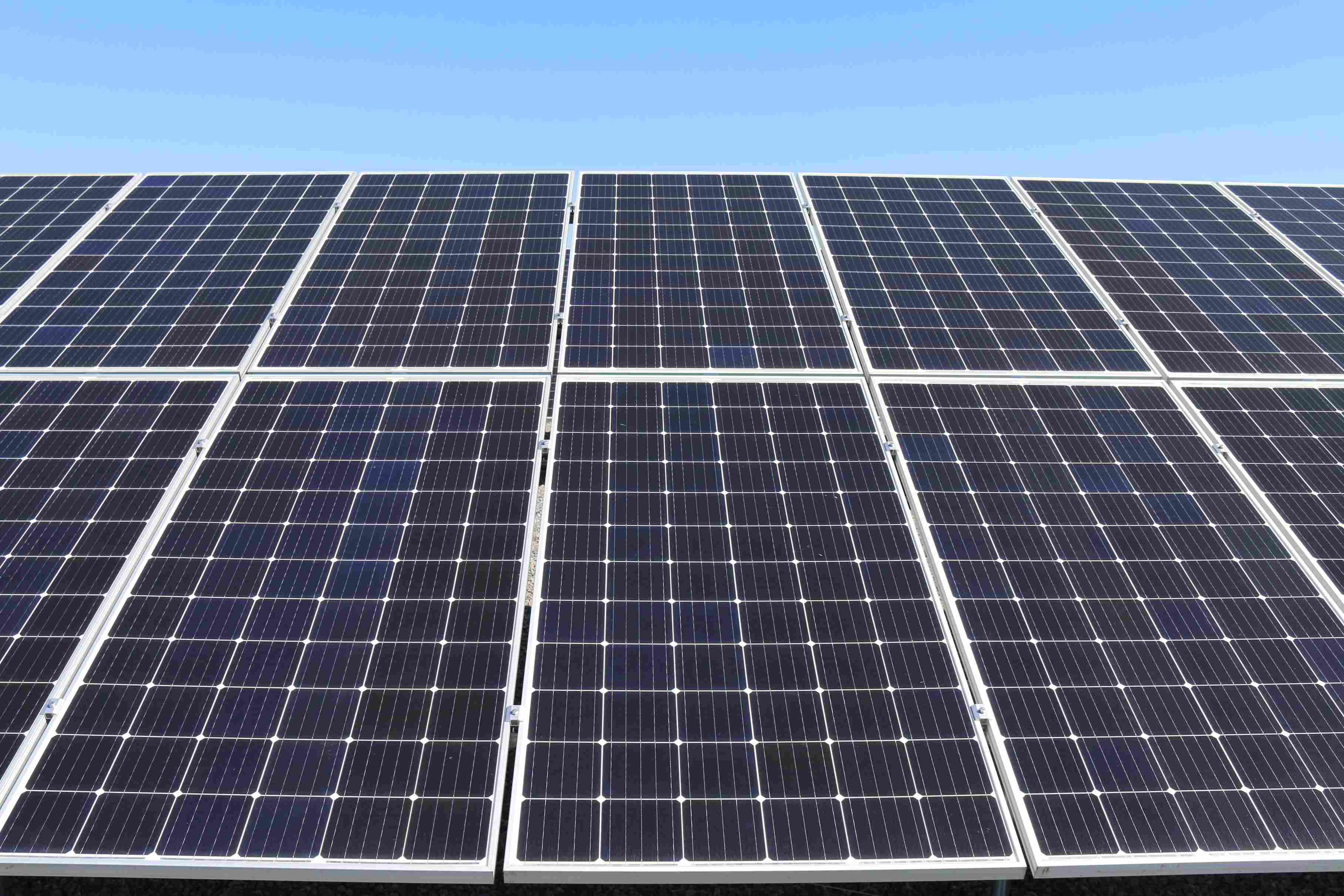In Malawi, combine solar energy technology and innovative pedagogy to improve climate awareness, learning outcomes, and sustainable growth.

Project: Harnessing the sun for improved Learning Outcomes and Sustainable Development in Lilongwe Rural District, Malawi
Country & region/location: Malawi, Lilongwe, Central region of Malawi
Category: Energy & Education
In Malawi, only 48% of learners complete primary school, with disparities based on gender, location, and socioeconomic status: 50% for girls, 46% for boys, 65% for urban children, and 67% for the wealthiest families, compared to 27% for rural children and 11% for the poorest households. Additionally, the country faces climate change impacts with low awareness of sustainable development.
Edukans aims to combine solar energy technology and innovative pedagogy to improve climate awareness, learning outcomes, and sustainable growth. The project goal is to utilize access to solar energy to improve learning outcomes for 12922 learners (6262 boys and 6660 girls, of whom 558 (288 boys and 270 girls) are learners with special needs) in 10 targeted primary schools in Lilongwe (rural) district, mitigate the effects of climate change in and around the school compounds, and promote sustainable development in the surrounding communities. Increased solar energy access, enhanced teaching quality, and training in environmental and entrepreneurship skills can help break the cycle of poverty.
The solution involves implementing several strategies: Firstly, by providing each school with 5kw solar-powered energy for lighting and charging teaching and learning resources such as tablets or laptops to enhance teaching methods and facilitate access to educational materials. Additionally, the project will integrate climate change and green education into the curriculum, raising awareness and understanding among students and communities about environmental issues. The project will integrate climate change and green education by establishing 10 school gardens 1 at each school, providing learners with opportunities for participatory/ active learning experiences while exploring climate-related issues. This approach will raise awareness and understanding among learners and communities about environmental concerns.
The schools will also be supported in establishing microprojects. Microprojects are small income-generating activities for the schools, such as keeping livestock (Pigs, Goats, Chickens) that will be used as teaching and learning resources and also sold to finance different school needs.
Expected results:
- Solar energy systems installed and providing reliable power for 10 schools
- 10 school gardens (1 per school) established, and 10.000 trees planted (1.000 per school)
- 100 comprehensive teaching manuals distributed to 10 schools
- 50 teachers trained in Teaching with Impact with active teaching skills and school-based mentorship
- 100 community members trained in sustainable microprojects
- 20 teachers (2 per school) and 30 community members (3 per school) trained in solar energy system maintenance
- Increased access to energy systems for schools and communities
- Better learning outcomes
- Increased green education through the use of outdoor learning spaces and hands-on experiences
- Climate supportive knowledge, attitudes, and skills developed through environmental education
- Increased community willingness to participate in sustainable income-generating activities


